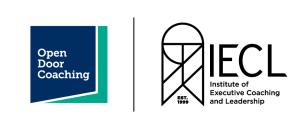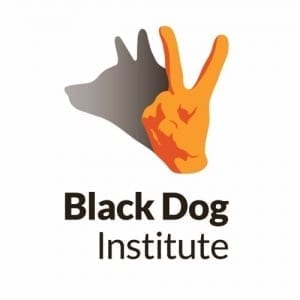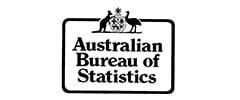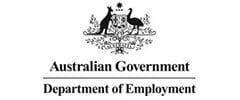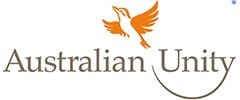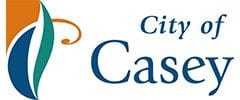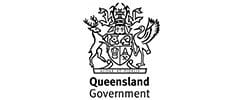We have so much to learn about mental health in the workplace. That was one of the key take-aways from our Mental Health Awareness Week 2020. Importantly, across our range of fabulous speakers, we learned a lot more about mental health this week. Particularly around asking for help and supporting others in seeking assistance. Indeed, it may seem that we have a long way to go to reduce the stigma around mental health. However, educating ourselves really is the first step. Following is a short summary of some of the learnings from our week.
Who is in your crew? Youth mental health
Lance Piacione, CEO of Love Me Love You Foundation has a message for when we talk to young people. Try not to be annoying! Importantly, for young people, it is about knowing ‘who is in your crew?’. In summary, this is about the five people who a young person can turn to, when needed. To have a conversation and connect around their mental health. Without a doubt, more we can do to keep the communication channels open, the better
It is ok to ask for help
Charles Hill, community speaker from the Black Dog Institute reminds us that is ok. Ok to ask for help, to see a GP, to take medication if needed to address mental illness. Importantly, Charles is sharing his lived experience with depression and anxiety. So that others might benefit and to reduce the stigma that surrounds mental illness. Whilst at the same time unpacking the signs that we can look for in others. In addition, focussing on our own mental health.
Workplace mental health requires a strategic approach
Tanya Heaney-Voogt from Wombarra Consulting and Georgie Chapman from HR Legal speak from a wealth of knowledge and experience. In this session, Tanya speaks about the importance of a strategic approach to mental health and well-being in the workplace. A fruit bowl and a yoga session in the workplace is not a strategy! Tanya talks about an integrated approach to strategy. Georgie speaks about the need for employers to be aware of their legal obligations. Particularly, around creating a psychological safe workplace
Understanding our brain response
Importantly, Andy Gild from Synergy Global shares how understanding our brain functioning can improve our daily mental health. Andy talks about how we can all experience ‘brain fog’. Furthermore, we know that some experiences will send us into fight/flight mode. For this reason, our awareness of basic re-balancing techniques can make a difference.
Building trust is so important
Understanding the neuroscience surrounding healthy communications is important. Especially around how we build trust to have mental health conversations. Lynne Brisdon from Synergy Global shares her expertise in this regard. In summary, providing a framework for supportive conversations.
Mental Health First Aid Training
We trained 100’s of people in the skills to have mental health conversations. Importantly, through evidenced-based Mental Health First Aid Training. You can be a part of the conversation and the movement towards healthy workplaces. In addition, make a difference by learning these vital skills.
